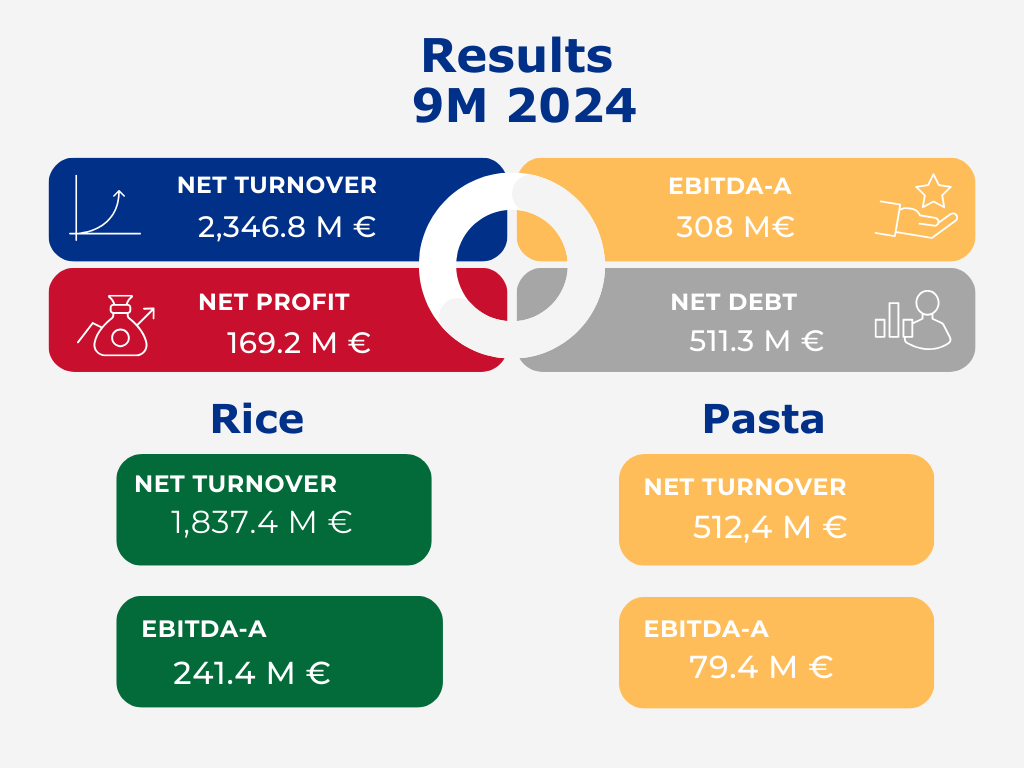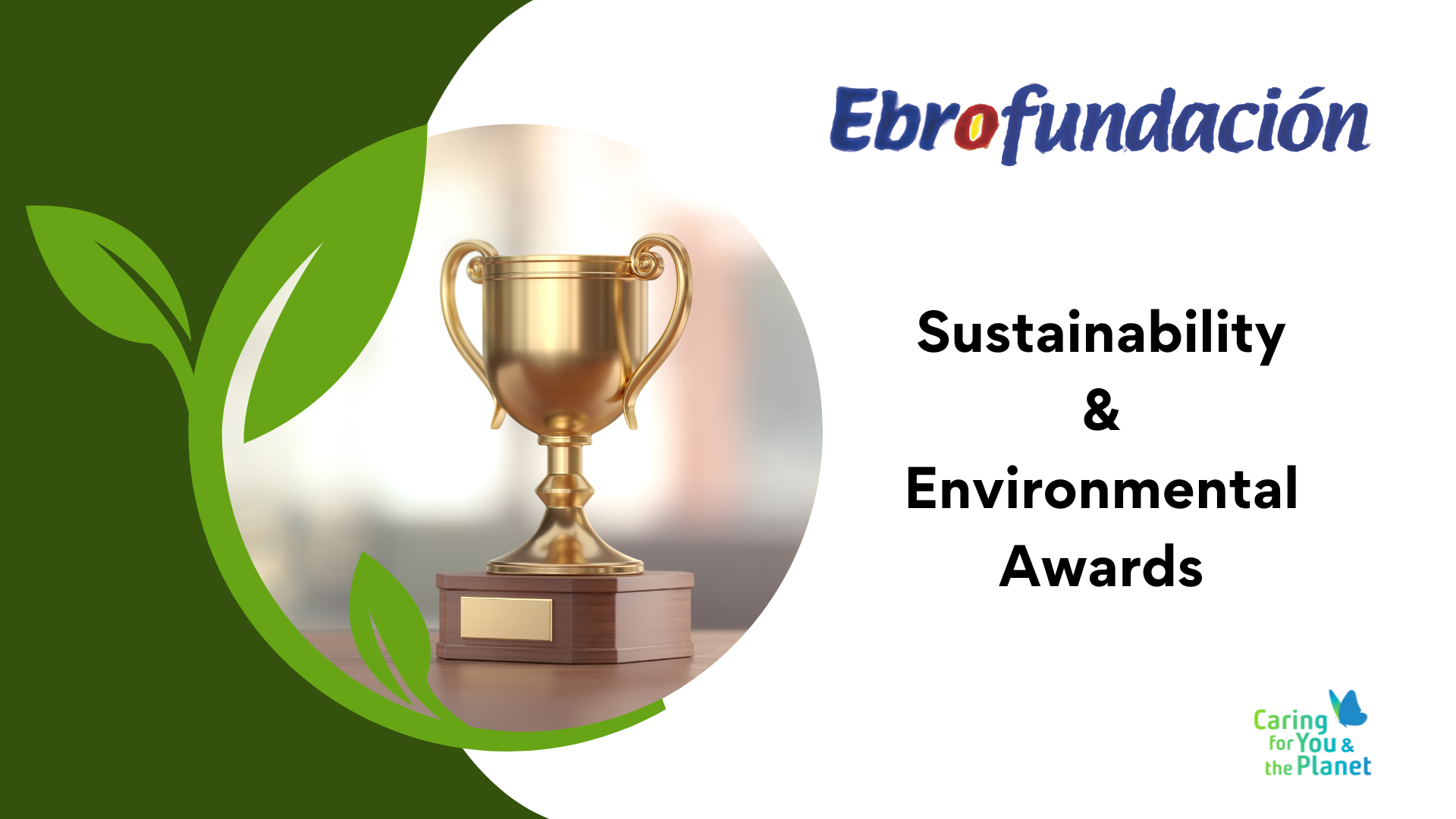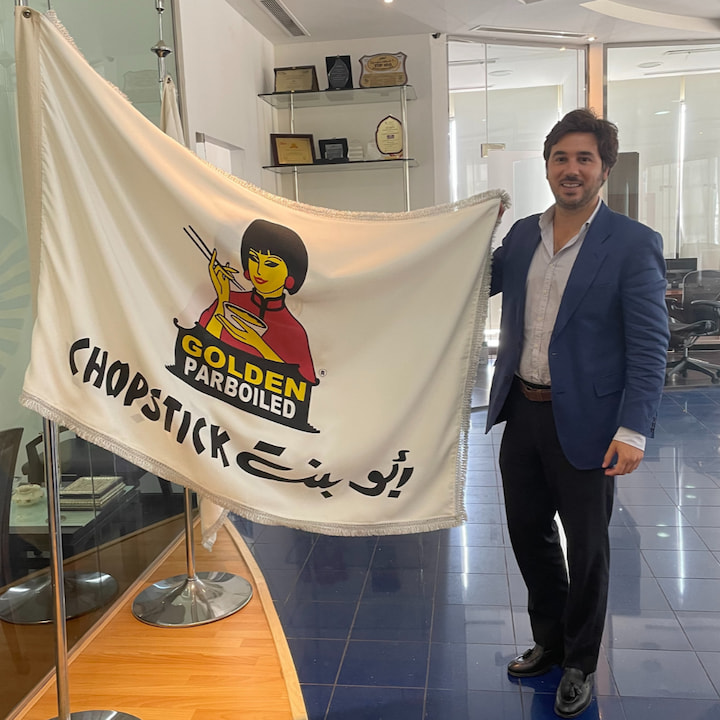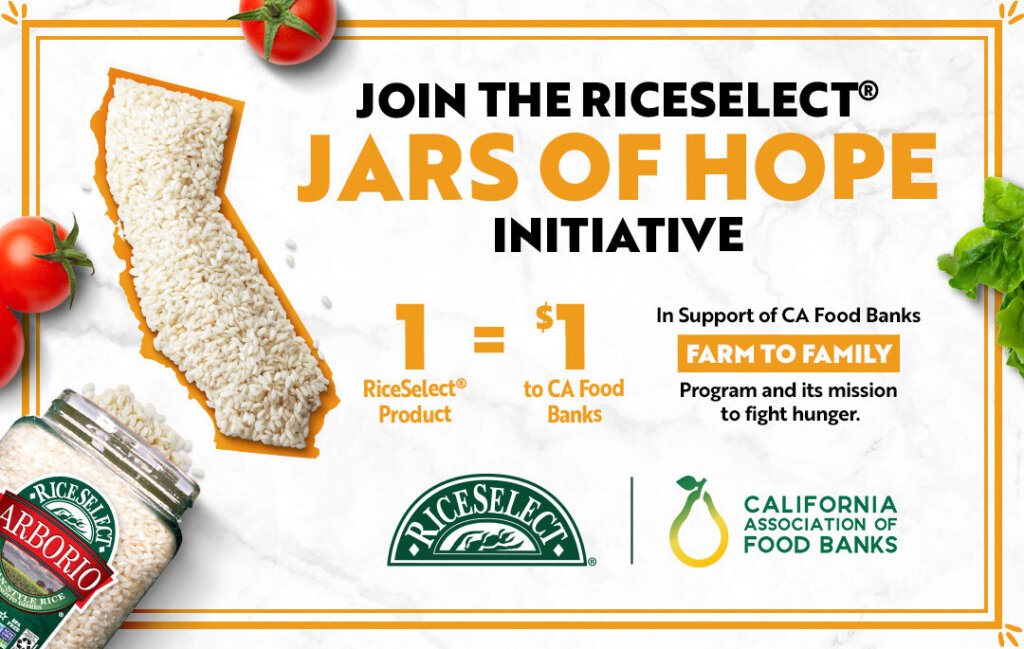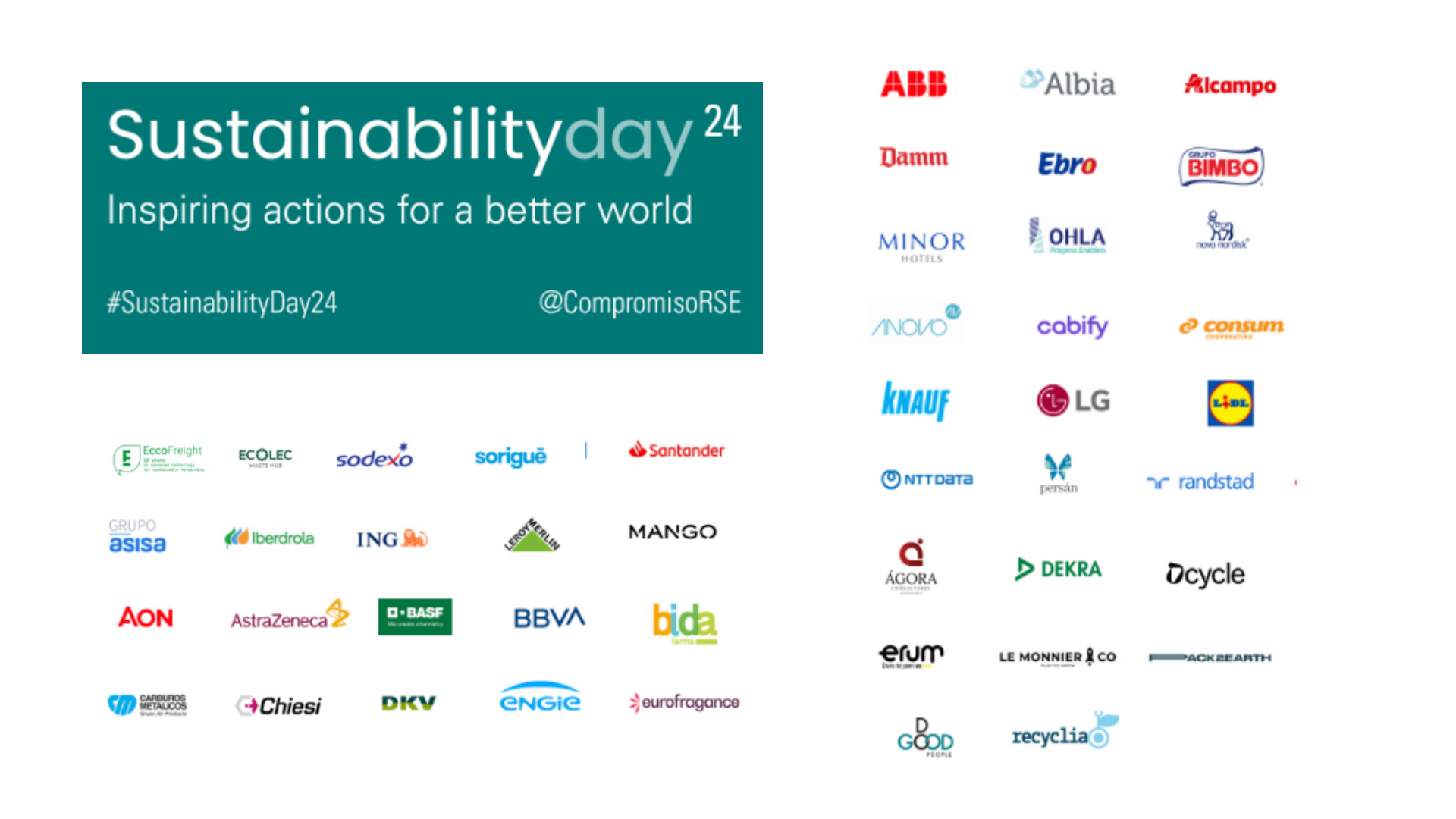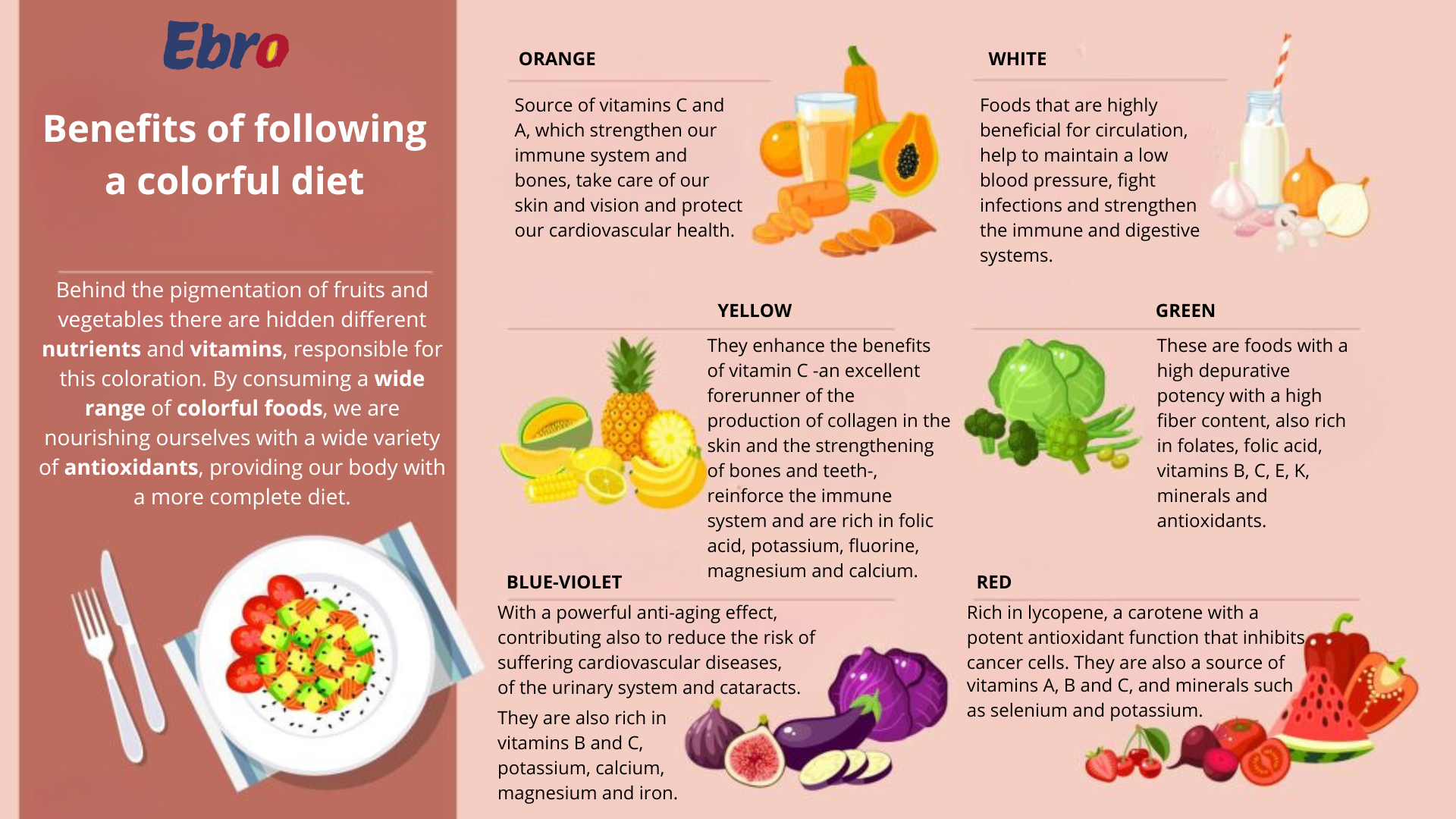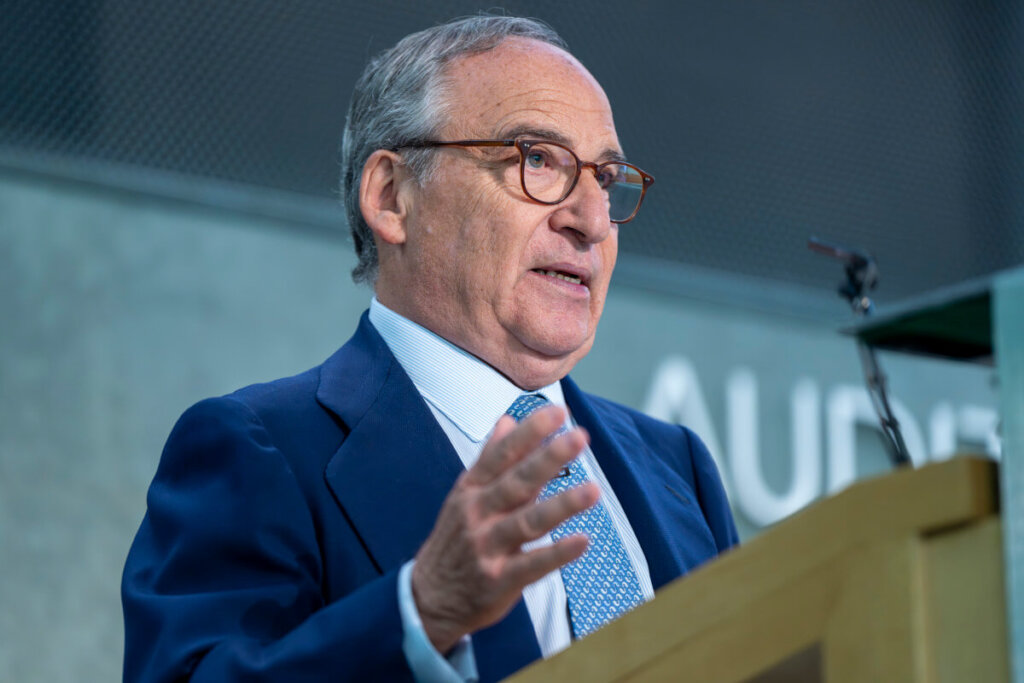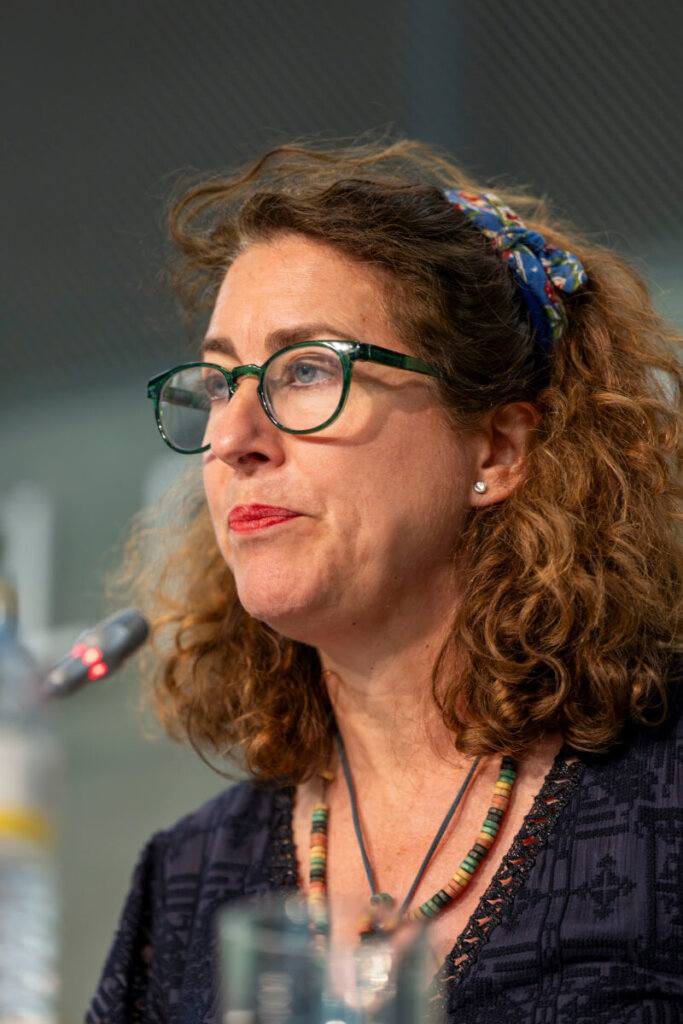We cannot begin this newsletter without sending a warm greeting, and all our affection, solidarity, and empathy to all our colleagues in the plants of Algemesí and Silla (both in Valencia) who have suffered the devastating effects of the terrible DANA which struck Spain only two weeks ago. We wish you a prompt return to normality in your homes and in your daily lives. All of us at Ebro Foods have felt your tragedy up close.
Focusing on what has happened in the Group since our last issue, we can state with absolute certainty that all the companies have carried out an intense and productive business activity, replete with awards, new launches, participation in events and congresses, social programs, investments for the expansion of factories and photovoltaic plant installations, etc. A complete series of actions that reflect the leadership of all our subsidiaries, as individual companies, and as companies that are part of and have the endorsement of the Ebro Foods Group.
In this edition we cannot talk about them all, but we will highlight, among others, the “Innovation Trophy of Carrefour 2024” for Lustucru Frais for the launching of Gnocchi STAR, the “Marie Claire Sustainability Award 2024” of Tilda, the extension of the Ebro Ingredients plant, the actions developed by Herba Bangkok in Thailand with the brands Garofalo and La Fallera, the participation of Tilda International as a keynote speaker at the Future Food 2024 forum, the prominent role of Ebro India in various round tables and seminars on food nutrition, sustainability and regenerative and climate-smart agriculture practices, the socio-educational development programs of La Loma Alimentos with its local communities, the new Garofalo Spain project “PASTAMEETSYOU” together with the Accademia Niko Romito – Scuola di Cucina Professionale to disseminate pasta culture, and many more.
Here we shall now leave you with this issue, in which, among other things, you will find out, first-hand, by Julio Campos how the Group’s expansion plans are developing, the evolution of the business year for the Company as a whole and the recent winners of the Ebro Sustainability Awards Foundation.
